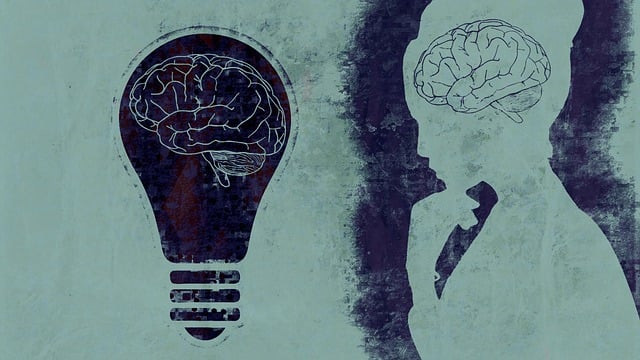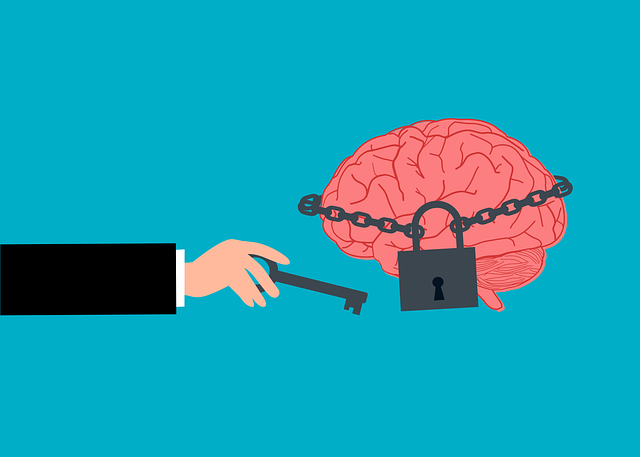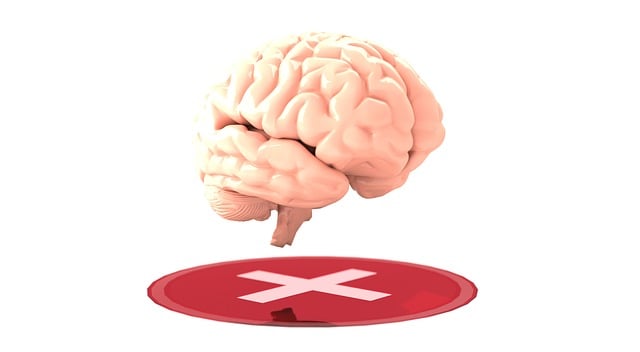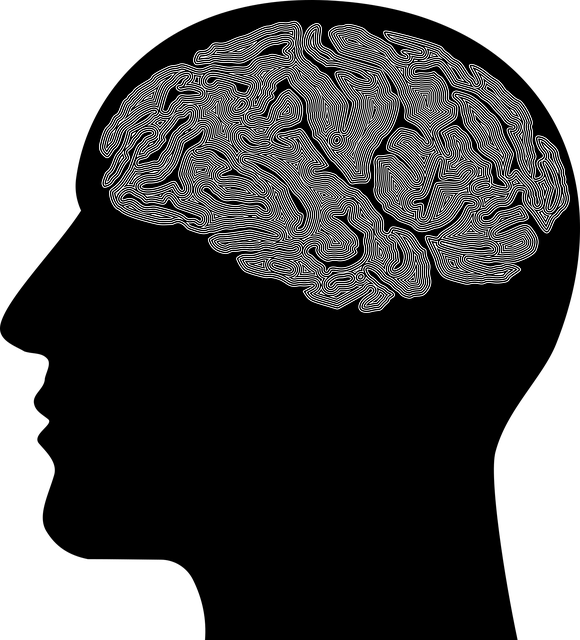The RFM framework offers a structured approach to enhancing resilience in Lafayette Drug Abuse-Substance Abuse Therapy by identifying risks, strengths, and needs, enabling targeted strategies for emotional well-being promotion and positive thinking. Substance Abuse Therapy tailored to individual needs, coupled with Mental Health Awareness initiatives, can break the cycle of addiction, crime, and strained relationships. Implementing evidence-based practices like risk assessment and Mental Health Policy Advocacy is crucial in addressing Lafayette's multifaceted substance abuse crisis. Building resilience through stress reduction techniques, emotional well-being promotion, and practical exercises like mindfulness and CBT fosters healthy coping mechanisms, reduces relapse risk, and promotes mental health.
In today’s digital era, understanding resilience is more crucial than ever, especially in communities grappling with Lafayette drug abuse. Substance abuse not only impacts individuals but also leaves profound marks on society. This article delves into RFM—a framework for building resilience—offering insights into its role in substance abuse therapy. We explore strategies and practical exercises designed to enhance resilience, prevent relapse, and provide a roadmap for navigating the challenges of Lafayette drug abuse-substance abuse therapy.
- Understanding RFM: A Framework for Resilience
- The Impact of Substance Abuse on Individuals and Communities
- Lafayette Drug Abuse: A Local Context
- Strategies for Building Resilience in Therapy
- Practical Exercises to Enhance Resilience and Prevent Relapse
Understanding RFM: A Framework for Resilience

The RFM framework offers a structured approach to understanding and enhancing resilience, particularly relevant in addressing issues like Lafayette Drug Abuse-Substance Abuse Therapy. RFM stands for Risk, Strengths, and Needs, a powerful tool that allows individuals to navigate life’s challenges with greater adaptability. By identifying risks and vulnerabilities, one can develop targeted strategies to build emotional well-being promotion techniques and foster positive thinking.
This method encourages individuals to recognize their unique strengths as a foundation for resilience building. Through this process, people can learn to harness their internal resources, enabling them to bounce back from difficult situations more effectively. By understanding individual needs, whether related to mental health support or specific skills development, tailored interventions can be designed to strengthen overall resilience and promote emotional well-being.
The Impact of Substance Abuse on Individuals and Communities

The impact of substance abuse extends far beyond individual struggles, profoundly affecting communities across Lafayette and beyond. When left unaddressed, it can lead to a cascade of negative consequences for both those battling addiction and their loved ones, as well as the broader social fabric. From increased crime rates and strained relationships to declines in mental health awareness and overall community resilience, substance abuse creates a vicious cycle that requires intervention on multiple levels.
Empathy building strategies and inner strength development are crucial components in breaking this cycle. Through Substance Abuse Therapy tailored to individual needs, communities can foster environments conducive to recovery. By promoting Mental Health Awareness, we empower individuals to recognize signs of addiction early on, encourage help-seeking behaviors, and ultimately, build a more robust support network. This holistic approach not only aids in the healing process but also strengthens community bonds, paving the way for a healthier and more resilient future for everyone.
Lafayette Drug Abuse: A Local Context

Lafayette, like many communities across the nation, grapples with substance abuse issues. The Lafayette Drug Abuse crisis is a complex problem that requires multifaceted solutions. According to recent studies, high rates of drug abuse are linked to factors such as limited access to mental health services and trauma support in the community. This underscores the importance of initiatives aimed at building resilience and providing effective Substance Abuse Therapy for affected individuals.
Mental Health Policy Analysis and Advocacy play a crucial role in addressing this challenge. By implementing evidence-based practices, including enhanced Risk Assessment for Mental Health Professionals, communities can better equip themselves to combat drug abuse. These efforts are essential for fostering a healthier Lafayette, where residents have access to the necessary tools and resources to overcome addiction and build resilience.
Strategies for Building Resilience in Therapy

Building resilience is a cornerstone of effective therapy, especially when addressing issues like Lafayette Drug Abuse-Substance Abuse Therapy. Strategies to enhance resilience can significantly support individuals in managing stress and cultivating emotional well-being. One powerful approach involves teaching clients stress reduction methods, such as mindfulness techniques, deep breathing exercises, and progressive muscle relaxation. These tools empower them to respond calmly to challenging situations, fostering a sense of control and reducing the urge to turn to substances for coping.
Additionally, therapists can incorporate emotional well-being promotion techniques that encourage clients to develop healthy coping mechanisms. This may include setting achievable goals, fostering positive self-talk, and engaging in activities that bring joy and a sense of accomplishment. By boosting confidence through these means, individuals are better equipped to navigate life’s challenges without resorting to substance abuse as a crutch.
Practical Exercises to Enhance Resilience and Prevent Relapse

In the context of Lafayette Drug Abuse-Substance Abuse Therapy, practical exercises play a pivotal role in enhancing resilience and preventing relapse. Resilience building isn’t just about coping; it’s about flourishing amidst challenges. Techniques such as mindfulness meditation, cognitive behavioral therapy (CBT), and stress management strategies equip individuals with tools to navigate life’s curveballs without resorting to substance abuse. These exercises foster mental health education programs design that focus on understanding triggers, developing healthier coping mechanisms, and building a supportive network—all crucial elements in the fight against depression prevention.
Through group therapy sessions, role-playing scenarios, and physical activities promoting mindfulness, individuals learn to stay present, manage their emotions effectively, and cultivate a positive outlook. This holistic approach not only strengthens their mental fortitude but also empowers them to make better choices, especially during periods of stress or vulnerability. By integrating these exercises into their lives, individuals can build lasting resilience, ensuring they remain substance-free and lead fulfilling lives.
Resilience is a powerful tool in the fight against substance abuse, especially as seen in the context of Lafayette Drug Abuse. By understanding the RFM framework and implementing effective therapy strategies, professionals can empower individuals to build resilience and prevent relapse. The practical exercises outlined in this article provide actionable steps for enhancing recovery and fostering a healthier, more resilient mindset. Integrating these techniques into substance abuse therapy can significantly contribute to long-term success and improved well-being for those seeking to overcome addiction.













